Our Location
304 North Cardinal St.
Dorchester Center, MA 02124
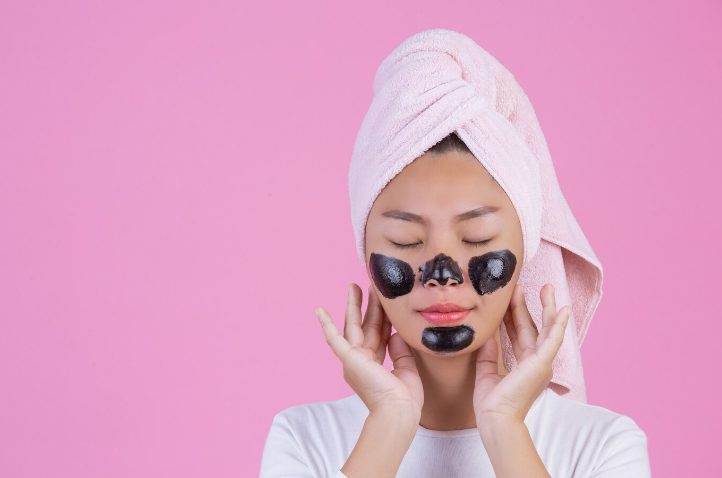
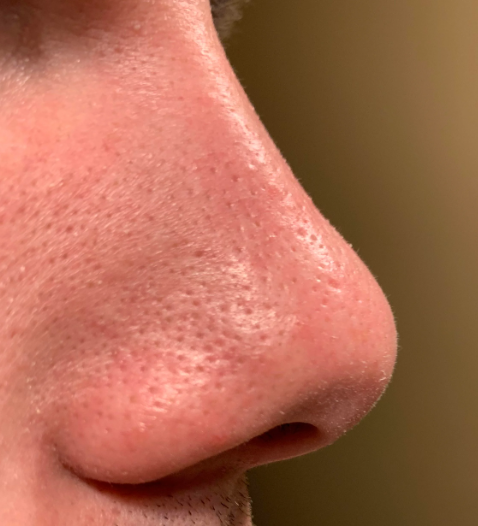
Blackheads are a common skin concern that can affect anyone, regardless of age. These pesky blemishes are often frustrating and can impact one’s confidence. In this comprehensive guide, we’ll explore everything you need to know about blackheads, including what they are, why they occur, and the best methods for preventing and removing them.
Blackheads are small, dark lesions that appear on the skin due to clogged hair follicles. They are a type of acne known as comedones. Blackheads form when a hair follicle becomes clogged with oil, dead skin cells, and bacteria. When the clogged pore is exposed to air, the material inside oxidizes and turns black, hence the name “blackhead.”
The primary problem with blackheads is clogged pores. These clogged pores can lead to larger breakouts and more severe forms of acne if not properly managed.
Blackheads can cause inflammation and redness around the affected area, making the skin look irritated and unhealthy.
Blackheads can create an uneven skin texture, leading to a rough and bumpy feel. This can make applying makeup or skincare products challenging.
The presence of blackheads can affect an individual’s self-esteem and confidence, leading to a desire to cover up or avoid social situations.
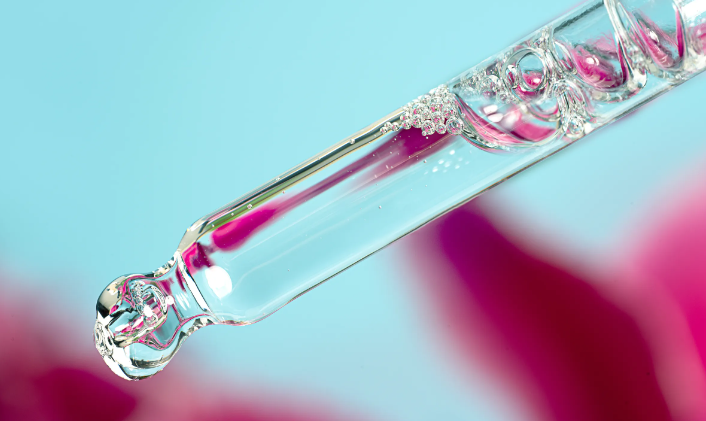
There are several over-the-counter treatments available for blackheads, including:
For more stubborn blackheads, professional treatments can be effective:
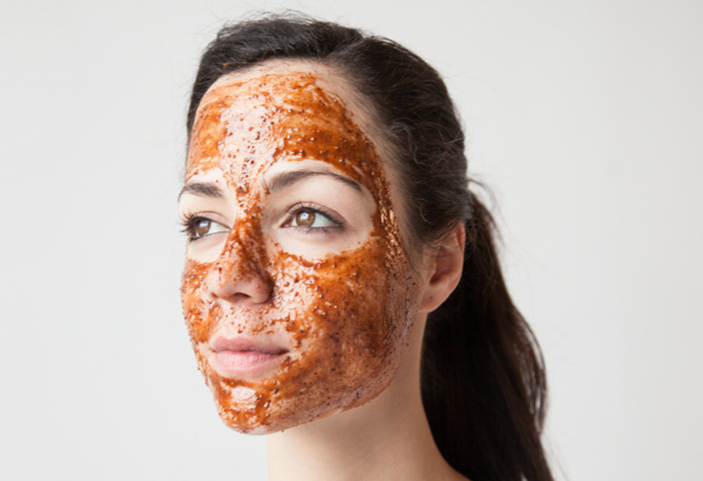
Natural remedies can also help manage blackheads:
Maintain a consistent skincare routine that includes cleansing, exfoliating, and moisturizing. Use products suitable for your skin type to prevent clogged pores.
Exfoliating regularly helps to remove dead skin cells and prevent them from clogging pores. However, avoid over-exfoliating, as it can irritate the skin.
Wash your face twice daily with a gentle cleanser to remove excess oil, dirt, and makeup. Avoid harsh soaps that can strip the skin of natural oils.

A balanced diet rich in fruits, vegetables, and whole grains can promote healthy skin. Avoid excessive consumption of sugary and greasy foods that can contribute to blackheads.
Drink plenty of water to keep your skin hydrated and support overall skin health.
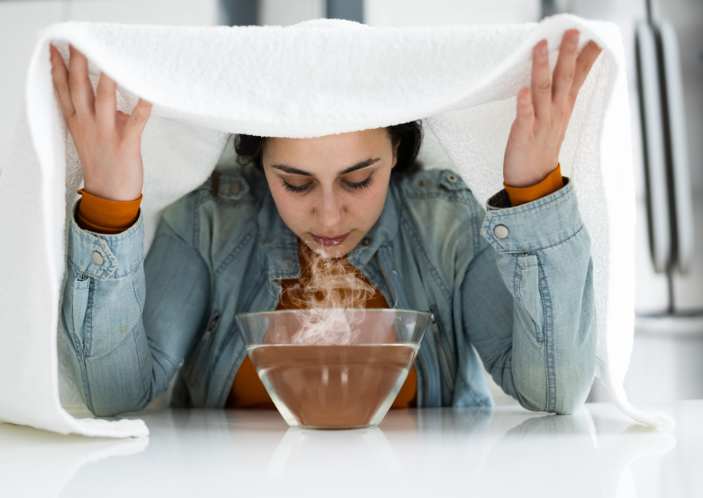
Steaming your face helps to open up pores, making it easier to remove blackheads. You can do this by leaning over a bowl of hot water for a few minutes.
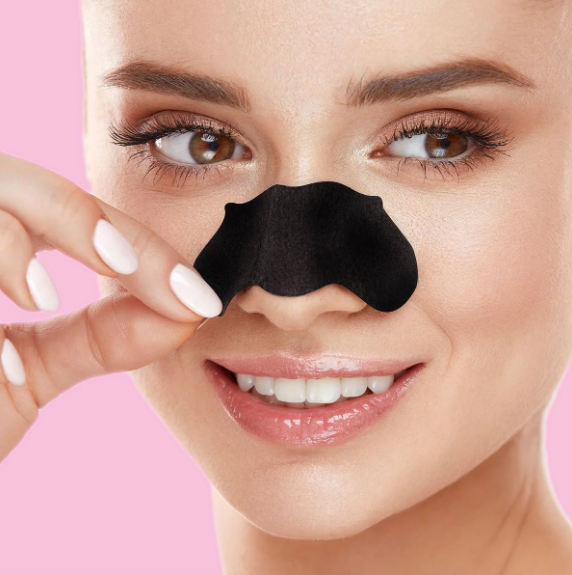
Pore strips can effectively remove blackheads from the nose and other areas. Be sure to follow the instructions carefully to avoid skin irritation.
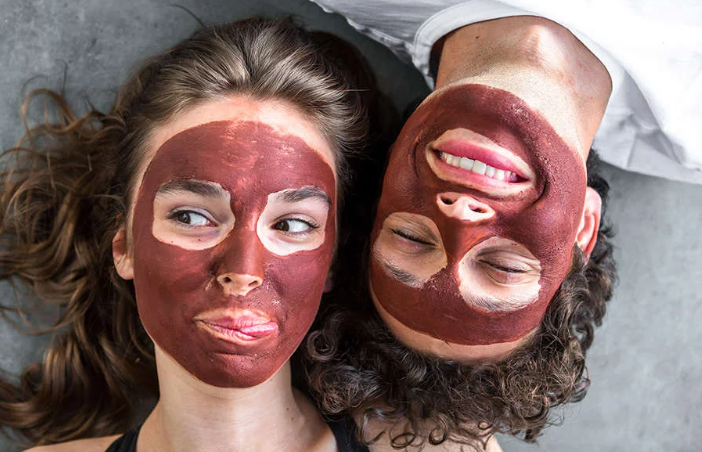
Clay masks help to draw out impurities and excess oil from the skin. Use a clay mask once a week to keep blackheads at bay.
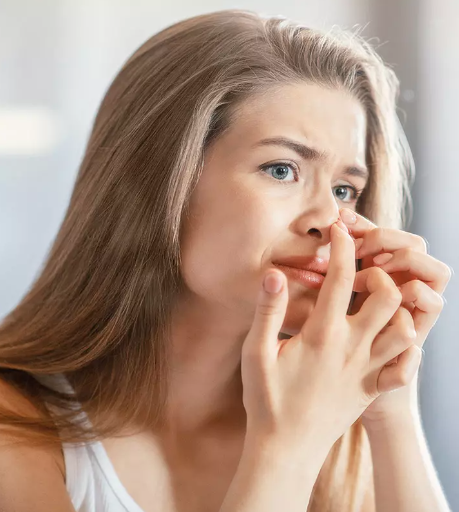
Resist the urge to pick at blackheads, as this can lead to scarring and further irritation. Instead, use proper removal techniques or seek professional help.
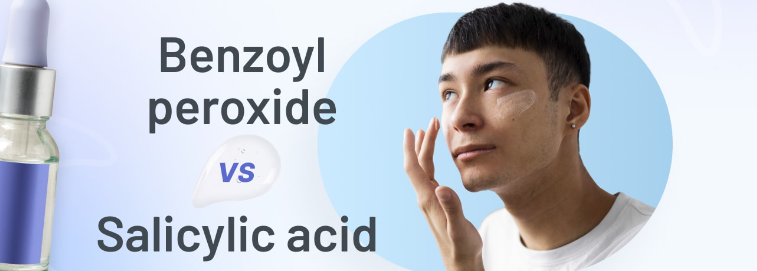
Apply topical treatments containing salicylic acid or benzoyl peroxide directly to blackheads to help clear them.
In young skin, blackheads are often caused by hormonal changes that increase oil production. Adolescents and young adults are more prone to blackheads due to these fluctuations.
As we age, the skin produces less oil, which can reduce the occurrence of blackheads. However, older adults may still experience blackheads due to factors like stress, diet, and improper skincare.
In my journey to clear skin, I found that a combination of professional treatments and consistent home care was most effective. Regular visits to a dermatologist for chemical peels and extractions helped significantly. At home, I used a gentle cleanser with salicylic acid and a retinoid cream at night. Exfoliating twice a week with a baking soda scrub also made a noticeable difference. Staying hydrated and maintaining a balanced diet complemented my skincare routine, leading to clearer, healthier skin.
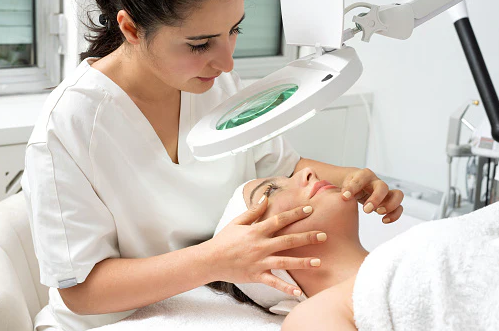
Consult a dermatologist for personalized skincare recommendations. They can provide tailored treatments and advice based on your skin type and condition.

Stick to a consistent skincare routine and be patient. Results take time, and consistency is key to preventing and managing blackheads.
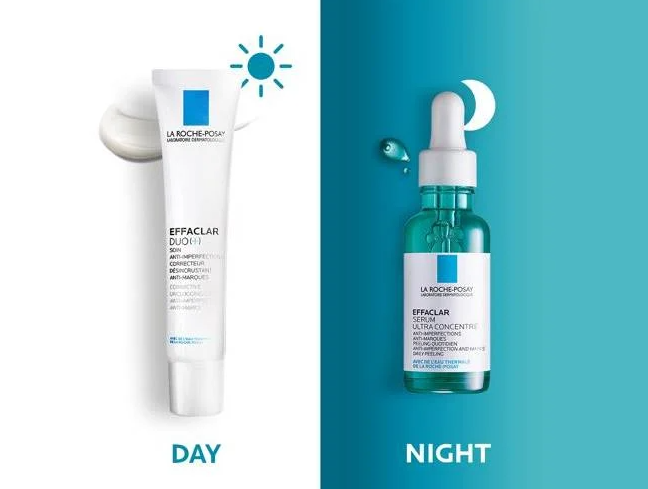
Use non-comedogenic products that won’t clog pores. Look for ingredients like salicylic acid, benzoyl peroxide, and retinoids in your skincare products.
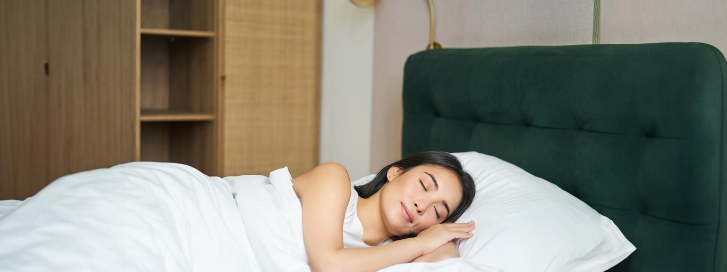
Incorporate lifestyle changes such as reducing stress, getting enough sleep, and eating a healthy diet to support skin health.
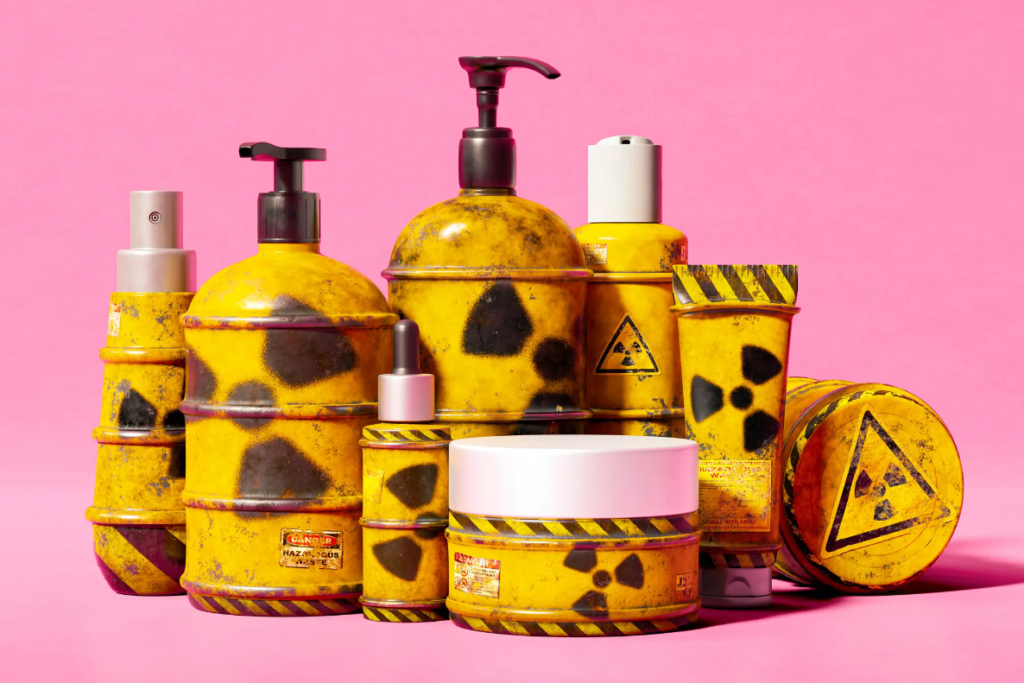
Avoid harsh skincare products that can strip the skin of natural oils and cause irritation. Opt for gentle, hydrating products instead.
Blackheads can be a persistent and frustrating skin issue, but with the right knowledge and approach, they can be effectively managed. By understanding what causes blackheads, implementing a consistent skincare routine, and using targeted treatments, you can achieve clearer, healthier skin. Remember, patience and consistency are key. Don’t be afraid to seek professional help if needed, and always listen to your skin’s needs.

Blackheads are caused by clogged hair follicles filled with oil, dead skin cells, and bacteria. When exposed to air, the material inside oxidizes and turns black.
Yes, diet can affect blackheads. Consuming excessive sugary and greasy foods can contribute to blackheads, while a balanced diet rich in fruits and vegetables can promote healthy skin.
Blackhead removal tools can be safe if used correctly. However, improper use can cause skin damage and scarring. It’s best to seek professional help or follow proper instructions carefully.
Exfoliate 2-3 times a week to remove dead skin cells and prevent clogged pores. Be gentle to avoid irritating the skin.
Yes, stress can increase oil production and exacerbate acne, including blackheads. Managing stress through relaxation techniques and a healthy lifestyle can help improve skin health.